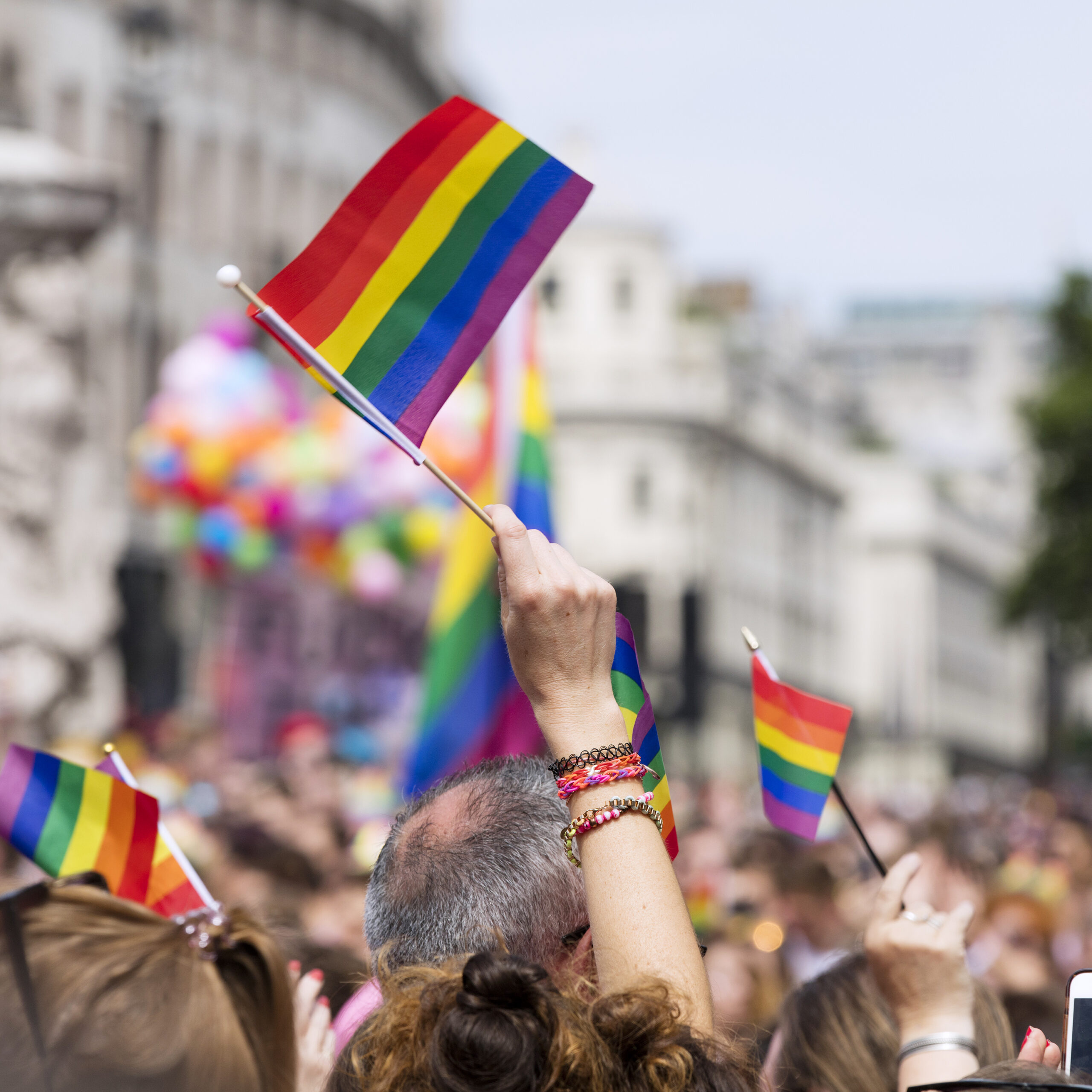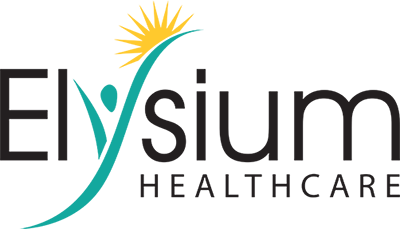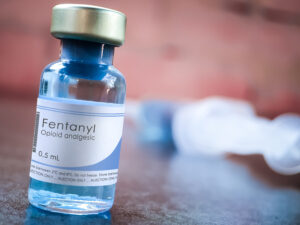
When looking at substance abuse in the LGBTQ community compared to the general public, the numbers are typically higher.
Gay, bisexual, and transgender men and women are more likely to abuse alcohol, but they also have higher drug use rates.
Let’s take a deep dive into alcoholism and LGBTQ community issues and see what the underlying causes of this might be.
LGBTQ Alcoholism
Alcoholism and LGBTQ community issues have been closely related for decades now. Generally speaking, society has had a poor perception of the community which has had a significant impact on the mental health of its members.
Not all people are tolerant of others, and LGBTQ people experience homophobia, discrimination, and even violence because of their sexual orientation. In turn, this can drastically impact their mental health, and increase emotional distress.
As we know, mental health problems are more than just related to alcoholism. It’s a leading cause of it.
The negative outlook has also pushed a large portion of the community underground where a culture of after-hours clubs and underground gay bars has developed.
It’s within this underground scene and culture that many in the LGBTQ community have sought out comfort in both alcohol and illicit drugs
Prevalence of LGBTQ Alcoholism
While it’s not the entire LGBTQ population who has a problem with alcohol, numbers across the board are higher than for other groups.
Overall, 25% of the LGBTQ community is thought to have a moderate addiction to alcohol–compared to only 5-10% of the general population.
But that’s not the community’s only problem. Other popular substances that are abused among LGBTQ include tobacco, GHB, ecstasy, and prescription opiates.
Reasons For High Levels of LGBTQ Alcoholism
There are several driving factors behind the increased numbers of alcoholism in the LGBTQ community. The root could be related to various mental illness disorders or emotions that make people more susceptible to alcoholism.
This could be triggered by serval reasons including shame, anxiety, depression, sexual abuse, anger, and self-harm tendencies.
For one thing, it’s possible that the intense bigotry that the LGBTQ community faces on a daily basis could be behind it.
The bigotry and challenges that LGBTQ community members have to face often result in intense emotional distress, including anxiety, depression, and even PTSD.
It is possible that members of the community may not seek help for mental health difficulties caused by this trauma. This is primarily due to discrimination within the healthcare system. Often, this leads to self-medication and alcoholism.
Co-occurring disorders in The LGBTQ Community
In the LGBTQ community, alcohol use disorders often co-occur with other mental health conditions. This is known as a dual diagnosis.
The LGBTQ and heterosexual communities are both prone to depression, anxiety, and trauma-related disorders, such as post-traumatic stress disorder (PTSD). Although each co-occurring disorder affects a person differently, there are some differences between them.
LGBTQ individuals, for instance, are more likely to suffer from depression than heterosexuals. Alcohol abuse disorders can be fuelled by depression, which could lead to more community addictions.
In the same way, anxiety can lead to alcohol abuse as a coping mechanism.
Getting Help for LGBTQ Alcoholism
Figuring out the root cause of alcoholism, providing support, and offering recovery options is a big part of the solution.
Once the cause of drinking is determined, turning to friends, family members or treatment centers for support can be a ticket to beating alcoholism.
Programs in treatment facilities have been expanded and tailored specifically for members of the LGBTQ community. If you or someone you know are part of the LGBTQ community and suffer from alcoholism, you are not alone.
This is an ongoing battle that many other members have struggled with and have been able to overcome.
With the right support system, treatment plan, and assistance, you can come out on the positive end of the scale.
LGBTQ Rehab
Now that you know more about alcoholism and LGBTQ community issues and how to get treatment you might want to join a recovery center that’s tailored to meet the needs of the community.
Elysium Healthcare offers a leading recovery program for LQGBTQ that’s free of judgment.Contact us today and discover which treatment option is best for you








No comment yet, add your voice below!